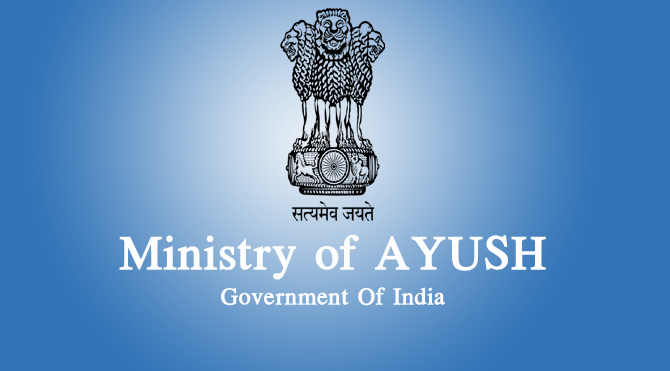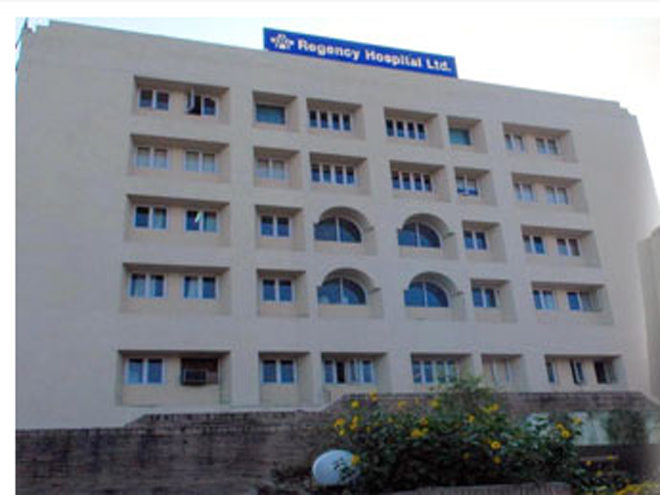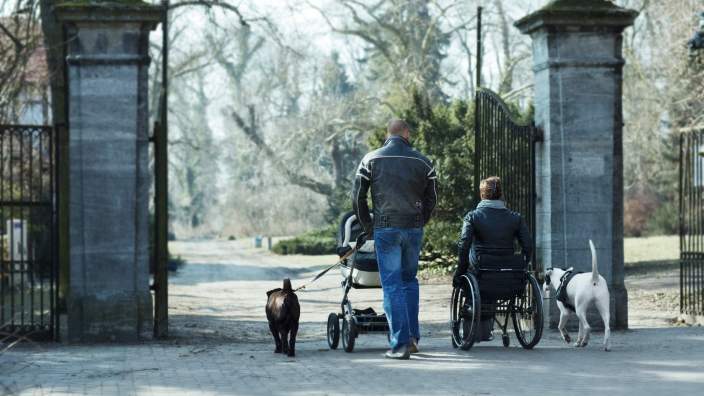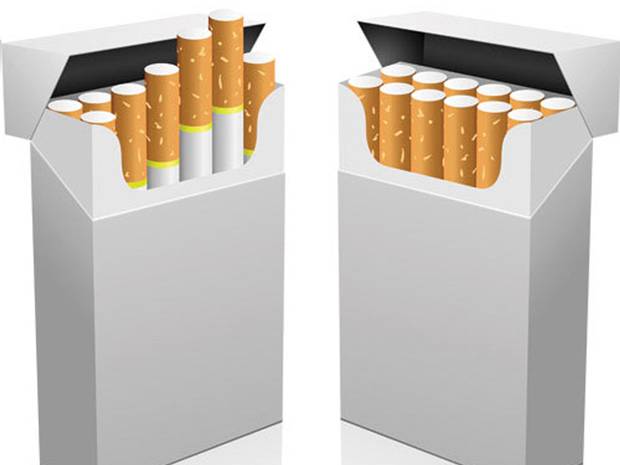
 Dr Omender Singh,
Dr Omender Singh,
MD, FCCM, Head – Department of Critical Care Medicine, played a central role in designing and developing the institutional Intensive Care Units and setting up the critical care medicine department in Max Healthcare since the hospitals inception. He talks to Ekta Srivastava, ENN, about the role and goal of Critical Care in India
What are the challenges that the hospitals face in delivering critical care treatment in India?
Critical Care today is the requirement of the day. In India the basic problem with the Critical Care is inadequate number of beds. We have more sick patients and less number of beds. Second problem we are facing is now from the human resources. As Intensive Care Units (ICU) are manned by critical care physicians and they are trained specifically to treat critically ill patients. The programmes which are running in critical care in India have just begun in the last few years only. So, critical care infact is a new specialty which is evolving and we have huge demand of these kinds of services. Other then this we are lacking good intra-hospital transport. For example the patients who have some trauma or illness, we do not have facilities like West that even if the patient get sick anywhere in the country, he will get treatment right there. We as the critical care physicians are ready to transport such kind of patients but the challenge is we dont have dedicated aircraft. There is no dedicated space to land such aircrafts in most of the areas. At last I think we need more training centers like Max Healthcare that can produce more certified and trained critical care doctors to take care of critical ill patients. Likely we also need trained doctors in tier II cities and peripheral hospitals. I think India should have more training centers. Unfortunately there is no government hospital which is running any critical care training programme.

Critical Care is a very skilled and challenging job; it is not a favourite profile for everyone. Critical Care doctors have to be in stress all the time
How do you think technology helps in delivering Critical Care to patients?
Technology helps in improving the quality care especially during hospital stay. With the help of good monitoring devices you can optimise a critically ill patient and improve the patients condition in lesser period of time. Also with computerised prescriptions, drug errors become less. So in nutshell, hospital related complications and healthcare associate events become less.
Kindly tell us about Healthcare Associate Event?
This is a term previously used for hospitals acquired infection. It feels like hospital is a place to acquire all the infections. But the kind of intervention mistakes, kind of devices being used, they may create infection, if not handled properly. However, previous terms looks like once you entered the hospital you will get infection. Thats why Center for Disease Control (CDC) and Infection, National Association for Healthcare Quality has termed it Healthcare Associate Events.

What is the sphere of interest or inclination of going to be doctors?Do they have inclination towards CCU?
Critical Care is a super specialty, so whether you are from medicine, physician anesthesia or emergency you need to undergo the training for two to three years to become the Critical Care specialist. Its not easy to enter the critical care and of course it requires a lot of hard work, it is a very skilled job and a very challenging profile too. Not many people prefer this specialty. Associated hazards include prolonged stay in ICUs; always have to take care of the critically ill patients. But now the interest is growing, because hospital also realise that we need trained critical care experts to save patients and they are putting their best effort. For instance, Max Healthcare has started training programmes, we have lots of fellowship programmes too that are accredited by the National Board of Examination. We have started our own Critical Care Fellowship and we are accredited by most of the society fellowships. We are also running our own training centers.
What are your plans to expand CCU in tier II and tier III cities?
Max Healthcare has already set up hospitals in tier II cities like Dehradun, Mohali, Bhatinda and we are also transferring some doctors and are ensuring that those critical cares should be manned by certified and trained doctors.
What are the latest technologies and devices that are being used in CCUs?
We have almost everything which is available in US or in any third world country. Our ICUs are very well established in terms of infrastructure. And every new technology or say procedure which can make outcomes better we have in Max. This time we are preparing hypothermia devices. You must have heard about the people who get caught up in cold but after two days they are still alive that means in very low temperature bodys metabolism goes down and you may survive even longer though you may go in coma. Some patients who get cardiac arrestin hospitals following a procedure we bring them under extremely cold conditions for which we have specific devices, we put them under those machines and knock down the temperature from 32 to 34 degree for 24 hours and make patient to revive back. The unique thing about hypothermia device is that we can have a targeted cooling.
According to you, what is the present and future scenario of the Critical Care?
Critical Care is a field which is going to grow leaps and bounds in coming years. With the existing healthcare, now we have more aging population who survive beyond the age of 60-70. India is the world capital of Diabetes. We have now more cancer patients and these kinds of patients at some point of time need Critical Care services. If you really want to deliver these high-end services then you need to focus more on Critical Care otherwise you may not succeed in giving quality care or good outcome.
What makes MAX different from others?
Max is a leading center for providing state of the art Critical Care Services in India and Asia. We have more than 150 ICU beds at Max Saket New Delhi with round the clock in-house Board Certified Critical Care Specialist. We also have keen interest in clinical research and contribute to about 25 to 30 percent publications in the field of Critical Care Medicine in India. We believe in providing care with Compassion, Comfort, Communication, Consideration, and Consistency with human touch.
Be a part of Elets Collaborative Initiatives. Join Us for Upcoming Events and explore business opportunities. Like us on Facebook , connect with us on LinkedIn and follow us on Twitter , Instagram.












